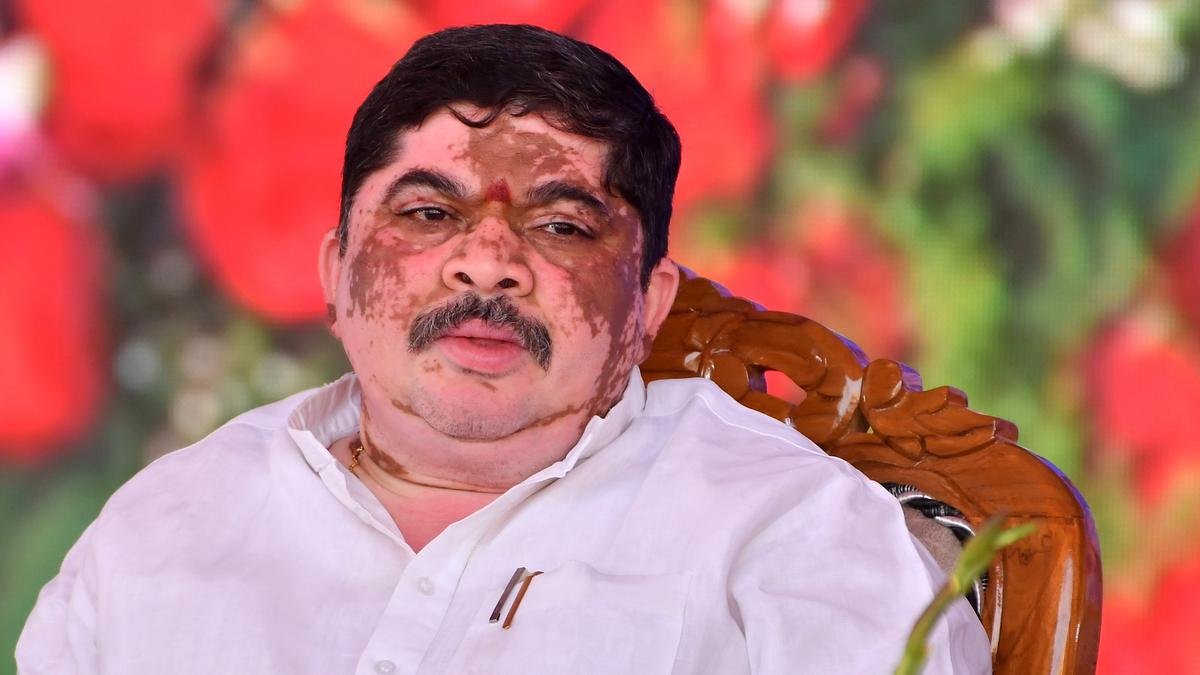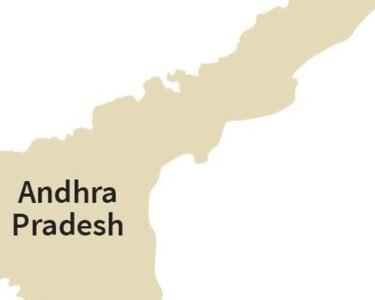In a politically charged development, several ministers and senior officials from Telangana are heading to New Delhi as the Supreme Court is set to hear a crucial petition challenging the Backward Classes (BC) quota in local body elections. The outcome of this hearing could have far-reaching implications for the state’s political landscape and its approach to social justice policies.
Key Ministers Rush to Delhi for Crucial Hearing
According to official sources, a delegation of Telangana ministers, including prominent leaders handling the Backward Classes and Panchayat Raj portfolios, is traveling to New Delhi to monitor the proceedings closely. The ministers are expected to meet legal experts and senior advocates representing the state before the Supreme Court hearing begins.
Their visit underscores the seriousness with which the Telangana government is treating the matter. Officials said that the delegation will also coordinate with the Advocate General’s team to ensure that the state’s legal stance is presented effectively before the bench.
The Background of the Controversy
The controversy stems from a petition filed in the Supreme Court challenging the Telangana government’s decision to extend reservations for Backward Classes in local body elections, including municipal and panchayat-level polls. The petitioners have argued that the quota violates constitutional provisions and exceeds the ceiling on total reservations as prescribed by the Supreme Court in earlier judgments.
Currently, Telangana provides reservations for Scheduled Castes (SCs), Scheduled Tribes (STs), and Backward Classes (BCs) in various sectors, including education, employment, and political representation. The BC quota in local elections has, however, faced repeated legal scrutiny over its percentage and implementation criteria.
State’s Defense of the BC Quota
The Telangana government has consistently defended the quota system, asserting that it is based on comprehensive socio-economic studies and is aimed at ensuring fair representation for historically marginalized communities. Officials argue that the BC population constitutes a significant portion of the state’s demographic, and proportional representation in local governance is necessary to maintain social equity.
Government representatives have also emphasized that Telangana has followed due process while determining the quota percentages, relying on data from the BC Commission and other statutory bodies. The ministers heading to Delhi are expected to reiterate this position during their consultations with legal teams ahead of the Supreme Court hearing.
Legal and Political Implications
The Supreme Court’s verdict on the matter is expected to have a major impact not just in Telangana but across several states where similar quotas are in place. If the court strikes down or modifies the BC reservation framework, it could compel state governments to revisit their electoral reservation policies.
Politically, the issue holds significant weight in Telangana, where BC communities form a large and influential voter base. Any adverse ruling could trigger strong reactions from community leaders and political organizations that have long advocated for greater inclusion in governance structures.
Previous Judicial Interventions
This is not the first time that the BC quota has been challenged in court. Earlier, the Telangana High Court had also examined petitions questioning the government’s methodology for fixing reservation limits. The court had directed the state to adhere to constitutional norms and data-backed processes.
However, the Supreme Court’s intervention will now provide a final and authoritative interpretation of how such quotas can be structured in accordance with the Constitution. Legal experts believe that the apex court’s ruling could either reaffirm the state’s stance or mandate significant policy changes.
Ministers to Meet Senior Advocates and Party Leaders
Before the hearing, Telangana ministers are expected to hold discussions with senior advocates who will represent the state. They may also meet with party MPs and leaders stationed in New Delhi to brief them on the government’s stand and prepare a communication strategy based on possible court outcomes.
Sources within the government indicated that the ministers’ primary objective is to ensure that the legal team is equipped with all necessary documentation and socio-economic data to defend the BC quota effectively. The state government is keen to avoid any procedural lapses that could weaken its case.
Widespread Interest Across Political Circles
The Supreme Court’s hearing has generated widespread interest among political parties, activists, and community organizations. BC associations have expressed hope that the court will uphold the quota, citing the historical underrepresentation of their communities in governance. Meanwhile, opposition parties have criticized the government’s handling of the legal process, accusing it of administrative lapses that led to repeated litigation.
Conclusion
As Telangana’s ministers land in New Delhi for this high-stakes hearing, all eyes are on the Supreme Court’s decision, which could reshape the future of Backward Class reservations in local body governance. The case not only tests the constitutional limits of reservation policies but also reflects the ongoing struggle between affirmative action and administrative balance in India’s evolving democracy.
Whether the apex court upholds the Telangana government’s framework or calls for a recalibration, today’s proceedings are certain to mark a defining moment in the state’s pursuit of inclusive governance and social justice.







